Reflecting on 15 years
As Professor Sir Timothy O’Shea prepares to demit office, we look back at the University’s achievements across a range of themes since he became Principal in October 2002.
After 15 years leading the University, Professor O’Shea leaves us in a much stronger place. Research performance is better than ever, student demand at home and abroad continues to grow, and our position in all the global rankings places the University among the world’s best. It is no surprise, given the Principal’s background as a computer scientist, that the University has embraced the opportunities of new technologies as few others have.
Edinburgh has built an extraordinary reach to learners worldwide through innovative online learning at scale. As a world leader in data science and its applications, it is opening up new fields of research and teaching, industry engagement and economic impact. With that, Professor O’Shea’s legacy is an extraordinarily strong platform for meeting the challenges of the future.
Widening participation

Among many successful widening participation initiatives resourced during the period are Pathways to the Professions, supporting state school students interested in applying for architecture, medicine, law or veterinary medicine; and LEAPS: Lothians’ Equal Access Programme for Schools. The University has one of the most generous bursary packages in the UK.
Prize-winning staff
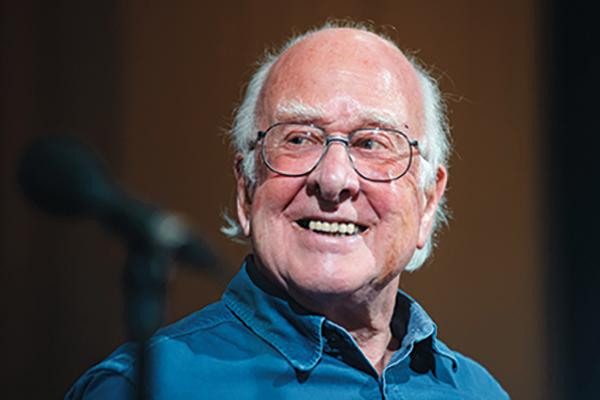
The University has consistently attracted some of the world’s most successful researchers, including Emeritus Professor Peter Higgs, winner of the 2013 Nobel Prize in Physics, and Honorary Professor Sir Michael Atiyah, winner of the 2004 Abel Prize for Mathematics.
Commercialisation
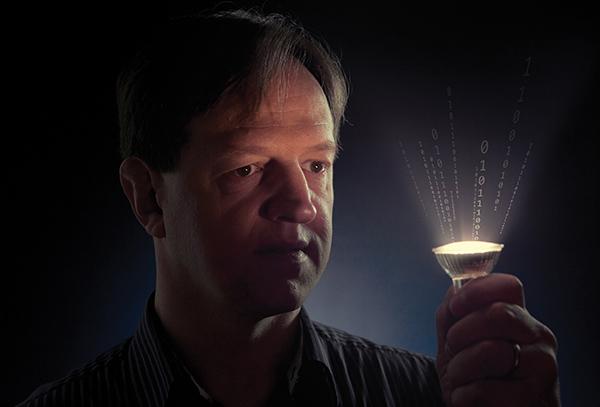
Between 2002 and 2016, nearly 400 companies were formed with the support of the University. This included nearly 250 student start-ups and 55 companies formed by external parties given access to University facilities.
Digital learning

In 2012 the University became the first UK institution to offer Massive Open Online Courses, and to date more than 2 million people have joined our MOOCs.
Sport
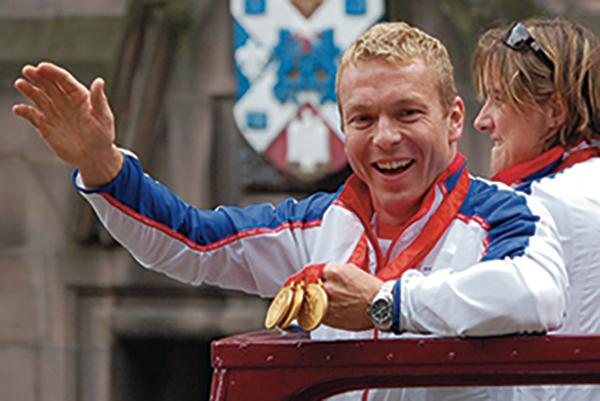
The University aims to make the benefits of physical activity accessible by all students, through initiatives such as Healthy University and intra-mural competitions.
Estates
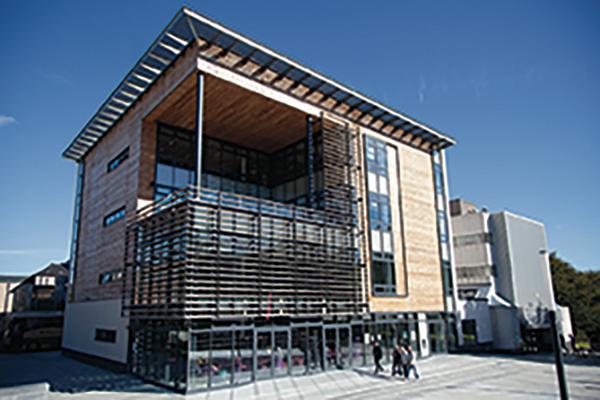
Refurbishments include the McEwan Hall, St Cecilia’s Hall, the School of Law in Old College and the award-winning transformation of the Old High School into the Edinburgh Centre for Carbon Innovation. The University has also created a low-carbon combined heat and power network that provides the majority of its energy needs.
Economic impact
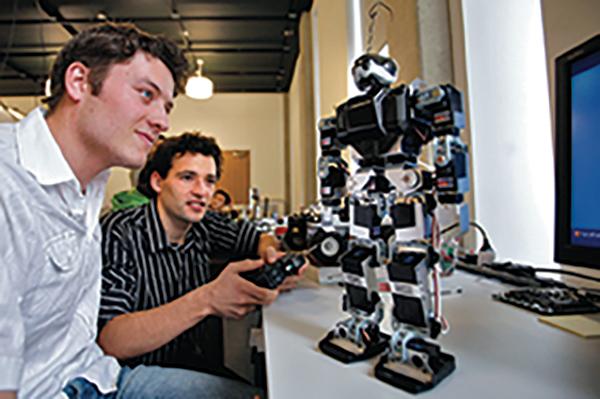
The economic impacts of the University include the location of technology companies in Edinburgh to be near the talent pool generated by the School of Informatics. Nearly one fifth of Edinburgh Airport’s long-haul traffic is related to education.
Social responsibility and sustainability

The Sustainability Awards were launched in 2010, as was the University’s Climate Action Plan. In 2013 we established the Department for Social Responsibility and Sustainability, and Edinburgh became the first university in Europe to sign the UN Principles for Responsible Investment. The University’s record of achieving Athena Swan awards reflects our sector-leading work on gender equality.
Internationalisation
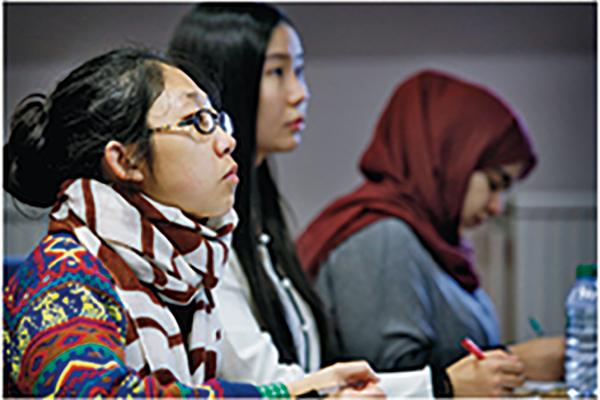
The University established four Global Academies in 2011, networks of experts across the University and other international institutions, to pursue multidisciplinary responses to challenging global issues. The University has established four Global Offices, for China and Asia, Latin America, India and North America.
Festivals
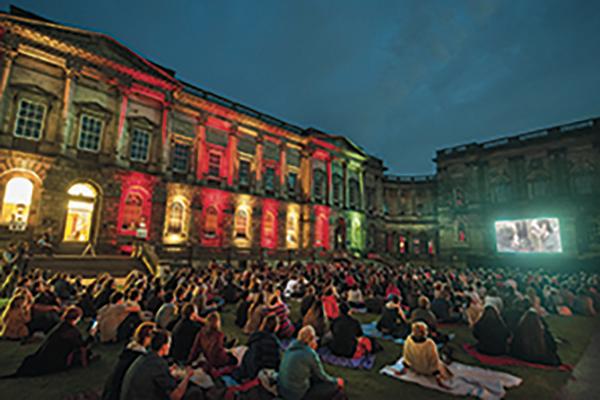
The University is also heavily involved in Edinburgh’s other major festivals: for example, our expertise in design informatics led to the Edinburgh International Festival’s spectacular opening event in 2015, the Harmonium Project, and our prominent role in the Science Festival includes hosting family events at the National Museum of Scotland.

